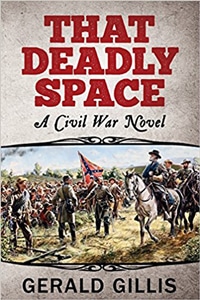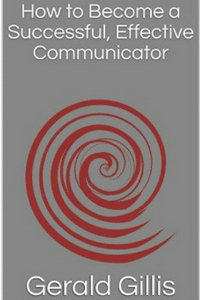Like much else about our society in these challenging days of Covid-19, the Memorial Day, 2020 observances will no doubt be a departure from the norm. There will be no Indy 500 with the solemn pre-race playing of taps honoring our American war dead. Some cemeteries may be decorated with American flags over the graves of veterans, but hardly to the extent of years past. Churches and other institutions who choose to pay homage to those who gave the last full measure will likely do so via videoconference. Social media will have its Memorial Day moment, no doubt, most of it well-intentioned and heartfelt, some of it as vapid and irrelevant as those posting it. Such is the nature of our society in the digital age.
In any event, who could have foreseen that during the spring of 2020, more Americans would be claimed by the coronavirus in these few short weeks than were killed in action in Vietnam over more than a decade? It’s a distressing situation, this vicious disease, fraught with uncertainty and fear and, for some, utter despair. It’s a challenge that will demand our best—from the patience and resolve of our citizens to the leadership at all levels of government. The creativity and flexibility of our free-enterprise system will likewise be critical in the coming months, much as it was during World War II. And I should mention a word of praise for our medical professionals, the true heroes of this time. Thank God for these selfless friends and neighbors, serving on the front lines.
It’s not a cliché to say that our current situation is another in a long line of crises this nation has faced. Because it is. Progress may be slower and less linear than we’d prefer, and the price in lives will continue, but we’ll get through it somehow. We always do.
So, is there a connection between our war dead and the current crisis?
Yes, most assuredly.
More than one-million members of the U.S. military have been killed in action in this nation’s wars. They are buried all across the USA and in foreign cemeteries, most especially Europe. They were from small towns and big cities. Some had wealth and privilege while many others had very little. Some had worked on farms or in factories or had been public school students or teachers. Some were married and raising families while others had barely begun to shave. Some were experienced military pros while others were upset over the Boston Massacre or Fort Sumter or Pearl Harbor or 9/11, and volunteered to strike a blow in reprisal. Most, however, were intent upon just doing their bit in uniform as best they could, and then going home.
These are different times, even beyond the Covid-19 pandemic. Fewer than one percent of the American population is serving in the military. Thus, most American families have little or no connection to the armed forces. Many of those family members have never had so much as a friendship with someone who is serving, or has served in uniform. Therein lies a disconnect that creates a social divide as military men and women serve and sometimes die, while the nation at large hardly notices. The burden falls on precious few, and it’s an increasingly heavy burden. Thank God, as well, for these warriors on the front lines.
Back to the connection between our war dead and the current crisis. What is it, then?
Well, it’s in the fact that so many of us feel we’re facing real life-and-death circumstances, perhaps some for the first time in their lives. And it’s not pleasant. Our war dead also faced those feelings, albeit far more intensively, in the dangerous existence they encountered. They didn’t want to die any more than we do. So, in that, we are connected.
It’s in the feeling of the temporary loss of personal freedom, whether by edict or by an inclination toward self-preservation, or both. And few of us like it, temporary or otherwise. It’s given us a chance to reflect upon freedom, and its importance to us. On a broader level, the idea of freedom was important to our war dead, as well, such that they were willing to die to ensure its survival. Truth be told, over a million did. In that, we are likewise connected.
And it’s in knowing that, in the end, as so aptly described in James 4:14, “You are just a vapor that appears for a little while and then vanishes away.” Our war dead understood perhaps more deeply than anyone just how fragile and fleeting human life is. And just how small (and sometimes powerless) we really are in the workings of this extraordinarily large and complex world, especially one at war or in a global pandemic crisis. In that, too, we are connected.
So, think of them this Memorial Day weekend, our American war dead. We are connected whether we realize it or not–as fellow citizens, as fellow human beings. They deserve a place in our collective memory. They deserve our respect and admiration. Their loss is our loss.
Mostly, though, they deserve our eternal gratitude.
May God rest their souls.



